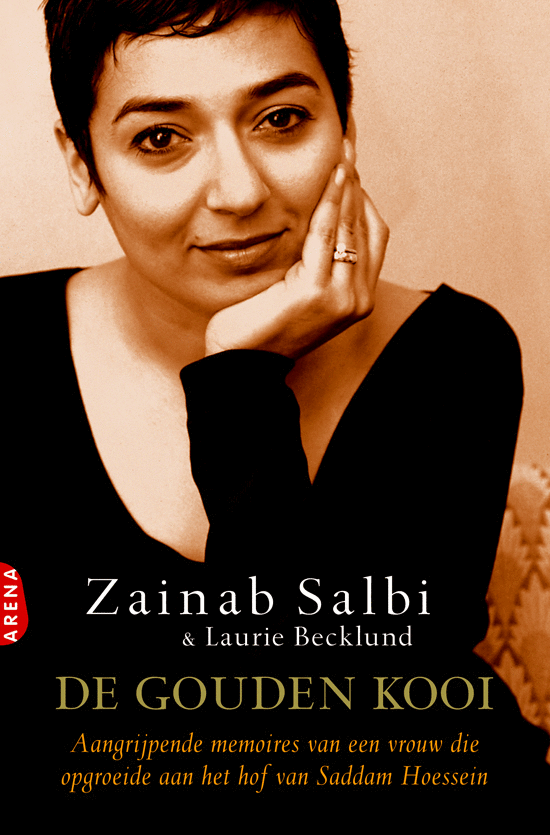Where an individual would be at risk if forcibly returned to a part of his country of nationality, is it a valid answer to a protection claim that he might nevertheless avoid any such risk by returning voluntarily to another part of that country, even where he does not wish to do so?
No, says Upper Tribunal Judge Blundell in the case of SA (Removal destination; Iraq; undertakings) Iraq [2022] UKUT 37 (IAC). That individual would not be eligible for refugee status, but would be protected by Article 3 of the European Convention on Human Rights (ECHR).
Interessant artikel? Deel het eens met uw netwerk en help mee met het verspreiden van de bekendheid van dit blog. Er staan wellicht nog meer artikelen op dit weblog die u zullen boeien. Kijk gerust eens rond. Zelf graag wat willen plaatsen? Mail dan webmaster@vreemdelingenrecht.com In verband met geldwolven die denken geld te kunnen claimen op krantenartikelen die op een blog als deze worden geplaatst maar na meestal een dag voor de krantenlezers aan leeswaardigheid hebben ingeboet terwijl wij vreemdelingenrecht specialisten ze soms wel nog jaren gebruiken om er een kopie van te maken voor een zaak ga ik over tot het plaatsen van alleen het eerste stukje. Ja ik weet het: de kans dat u doorklikt is geringer dan wanneer het hele artikel hier staat en een kopie van het orgineel maken handig kan zijn voor uw zaak. Wilt u zelf wat overnemen van dit weblog. Dat mag. Zet er alleen even een link bij naar het desbetreffende artikel zodat mensen niet alleen dat wat u knipt en plakt kunnen lezen maar dat ook kunnen doen in de context. «Enjoyed this post? Never miss out on future posts by following us. Click here

Kijk ook eens op dit reisblog: https://www.europevisitandvisa.com/
Kijk ook eens op dit boekenblog bijvoorbeeld voor:
The invasion of the last free kingdom of Sri Lanka - And the love of a girl for an elephant - Review of "The Elephant Keeper's daughter"
http://www.dutchysbookreviewsandfreebooks.com/2021/02/the-invasion-of-last-free-kingdom-of.html










